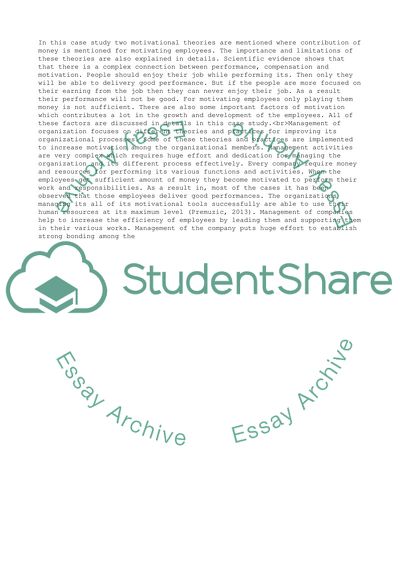Cite this document
(Foundation of management Essay Example | Topics and Well Written Essays - 2500 words, n.d.)
Foundation of management Essay Example | Topics and Well Written Essays - 2500 words. https://studentshare.org/management/1867157-foundation-of-management
Foundation of management Essay Example | Topics and Well Written Essays - 2500 words. https://studentshare.org/management/1867157-foundation-of-management
(Foundation of Management Essay Example | Topics and Well Written Essays - 2500 Words)
Foundation of Management Essay Example | Topics and Well Written Essays - 2500 Words. https://studentshare.org/management/1867157-foundation-of-management.
Foundation of Management Essay Example | Topics and Well Written Essays - 2500 Words. https://studentshare.org/management/1867157-foundation-of-management.
“Foundation of Management Essay Example | Topics and Well Written Essays - 2500 Words”. https://studentshare.org/management/1867157-foundation-of-management.


